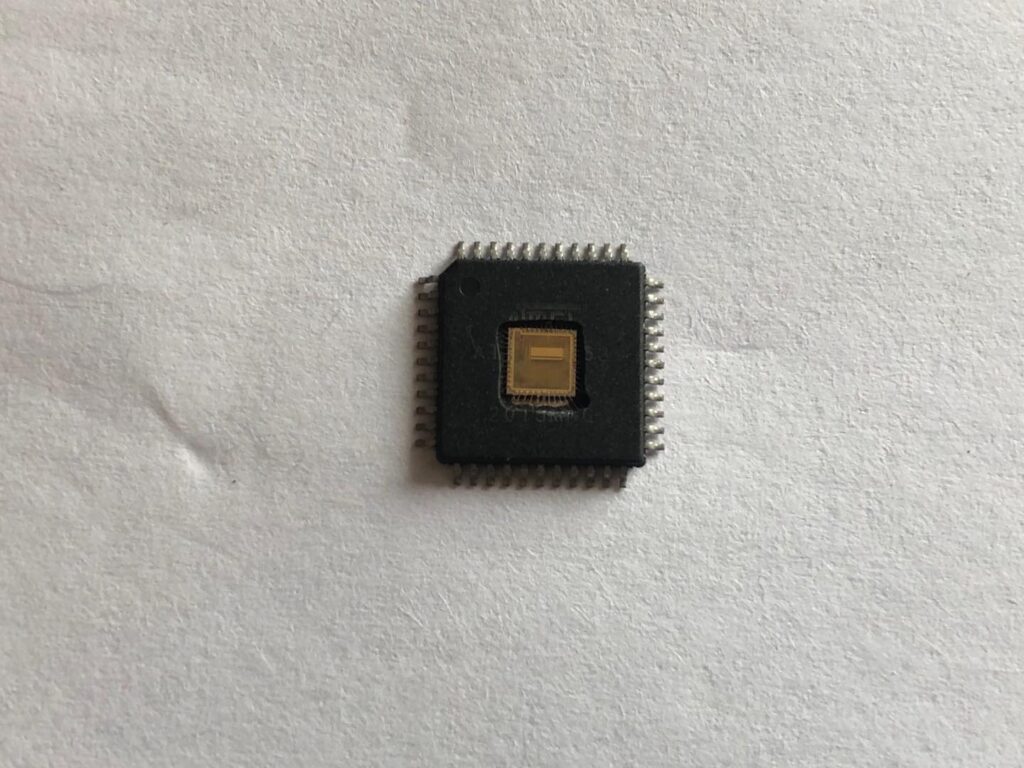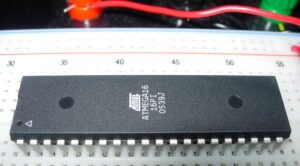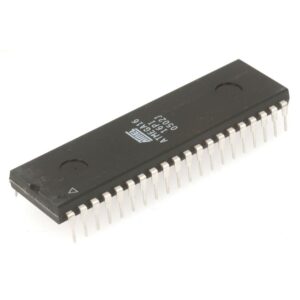Posts Tagged ‘telâfi etmek korumalı mikrodenetleyici eeprom onaltılık verileri’
 Protective Microprocessor ATmega16 Firmware Recovery
Protective Microprocessor ATmega16 Firmware Recovery
Protective Microprocessor ATmega16 Firmware Recovery needs to crack atmega16 secured microcontroller fuse bit, read embedded heximal file out from atmega16 mcu flash and eeprom;

The lower 1120 Data memory locations address the Register File, the I/O Memory, and the internal data SRAM. The first 96 locations address the Register File and I/O Memory, and the next 1024 locations address the internal data SRAM.

crack atmega16 locked mcu fuse bit and replicate heximal data from atmega16 microprocessor flash memory
The five different addressing modes for the Data memory cover: Direct, Indirect with Displacement, Indirect, Indirect with Pre-decrement to reverse atmega8a microchip flash memory file, and Indirect with Post-increment. In the Register File, registers R26 to R31 feature the indirect addressing pointer registers.
The direct addressing reaches the entire data space.
The Indirect with Displacement mode reaches 63 address locations from the base address given by the Y- or Z- register.
When using register indirect addressing modes with automatic pre-decrement and post-increment, the address registers X, Y and Z are decremented or incremented.
The 32 general purpose working registers, 64 I/O Registers, and the 1024 bytes of internal data SRAM in the ATmega8A are all accessible through all these addressing modes in the process of microcontroller atmega8l flash data restoration. The Register File is described in “General Purpose Register File” on page 16.
